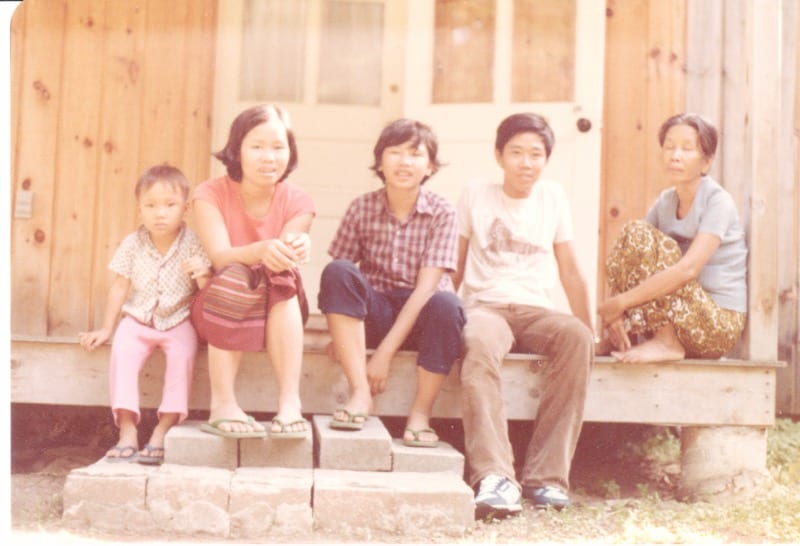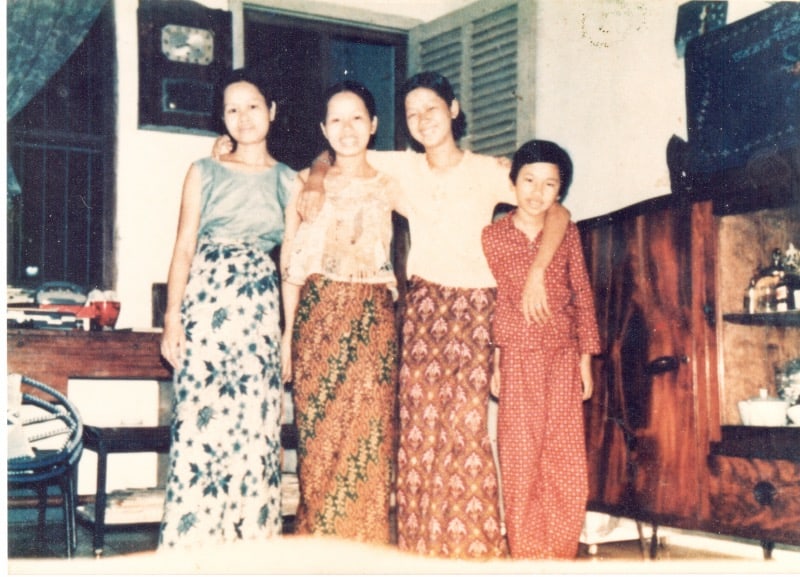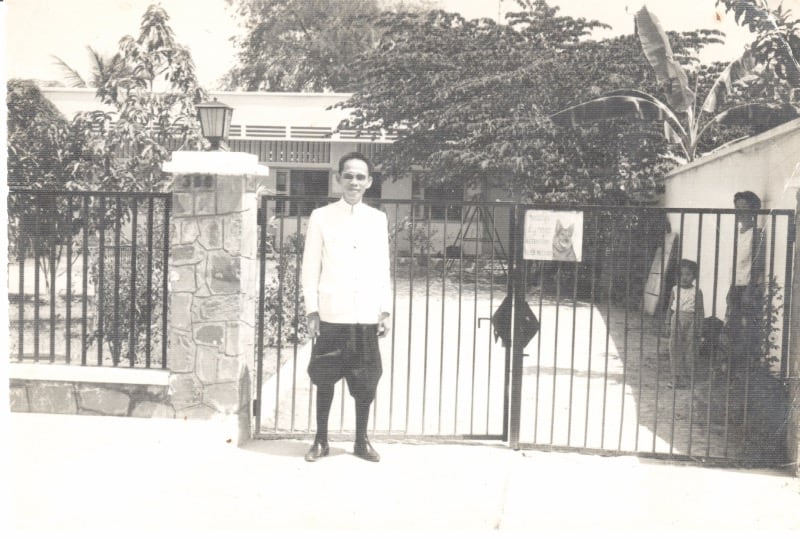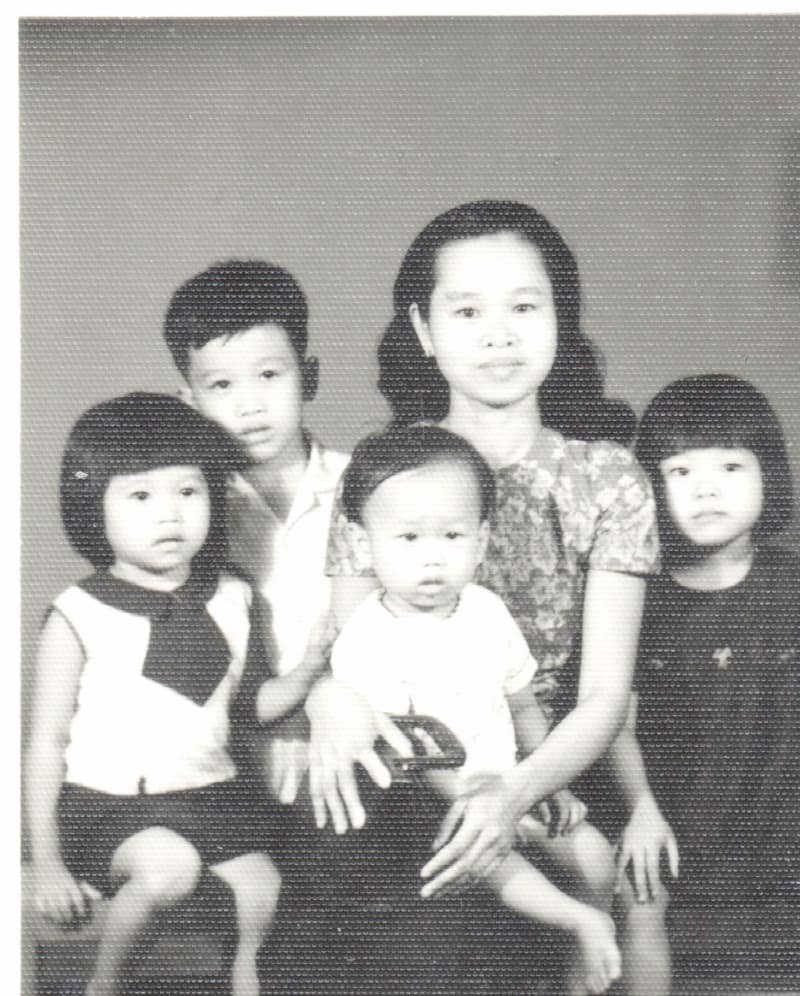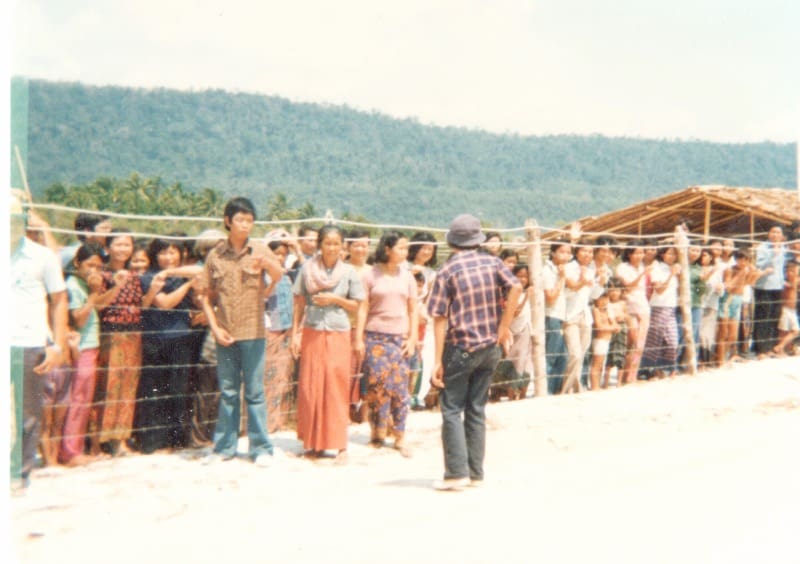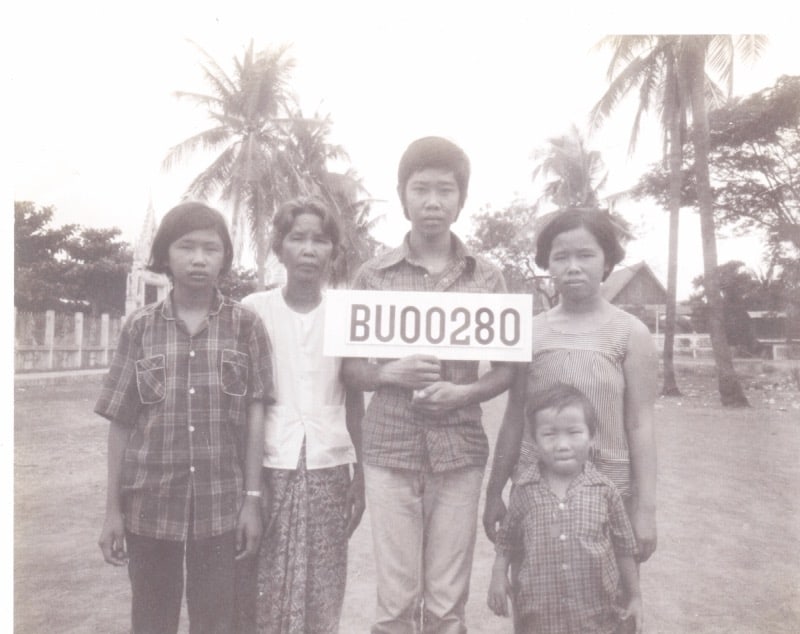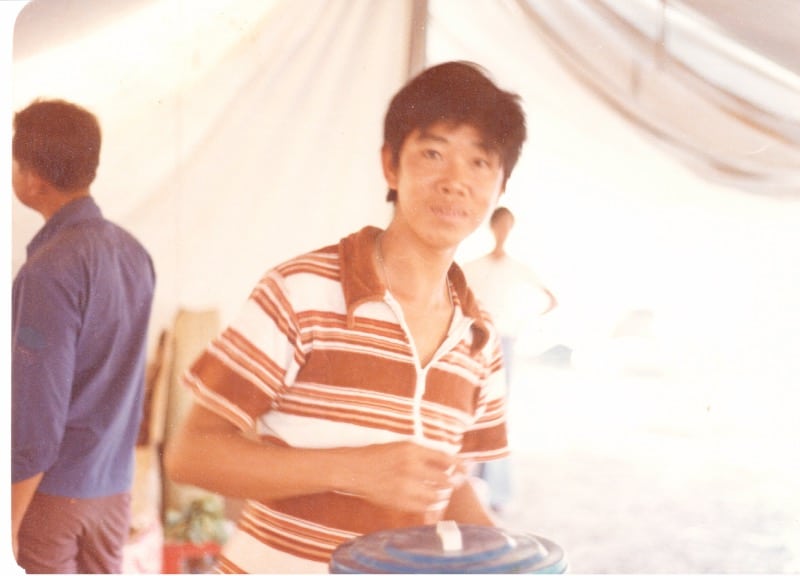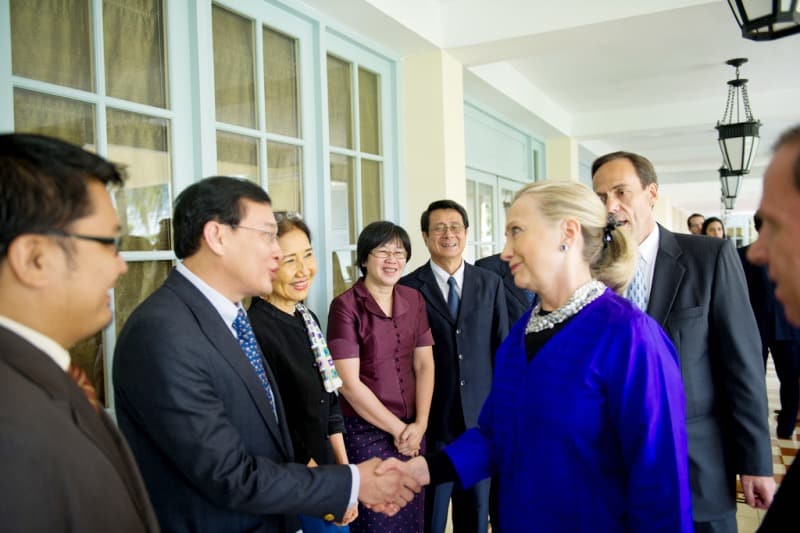HOF079: Vichuta Ly
Vichuta Ly was born in Phnom Penh, Cambodia. She is the youngest of ten children. Her father was the Minister of Justice during the Khmer Republic administration and her mother cared for the household during that time.
On April 17, 1975, Phnom Penh was occupied by the Khmer Rouge. On that same day, the Khmer Rouge and the Patriarch Monk called all Khmer Republic leaders, including the civil and military government, to the house of the senate to negotiate their terms. Thus, her father believed that the war would end and the country would reach a peace agreement. Yet, he never returned home, and Vichuta never heard from him again.
The Khmer Rouge soldiers evacuated all peoples living in urban areas to the countryside. Vichuta and her family left their home with little food and clothing. Her mother realized that the new regime would impose an oppressive program that would be very dangerous for her family. She hoped to escape with all her family members to Thailand. The extended family (35 people), included many young children which made it difficult to reach the border as a group. Thus, they ended up travelling from one village to another without food and medicine.
In early 1976, only five members of her family were together. The others either disappeared or died due to forced labour, starvation or execution. In 1977 during the monsoon season, Vichuta’s brother-in-law was arrested for a second time and eventually killed by the Khmer Rouge. During that time, the soldiers also arrested Vichuta and her sister. They were denounced for being members of the country’s bourgeoisie. Vichuta remembered her mother’s words: “our lives depend on you”. She urged her daughter to tell Khmer Rouge that: “the family was poor, their father was a retired man, they owned a small store with one motorcycle and a bicycle.” During their detention, Vichuta and her sister were separated and tortured as criminals against “Angkar.” Vichuta was constantly called for questioning regarding her family background and her education. She continued to resist and repeated her mother’s words to the authorities. The Khmer Rouge didn’t believe her and forced her to write: “Cambodia Democracy” in the Khmer language. Vichuta wasn’t versed in Khmer and was unable to do as they ordered despite the beatings she endured. As a child, she was instructed in the French language. The authorities released her after spending ten days in a re-education centre. She was reunited with her mother, sister and nephew.
In mid-1978, after the liberation of Cambodia, Vichuta found one of her brothers in their father’s hometown. Together, they decided to leave Cambodia and reached a refugee camp in Thailand. On May 30, 1980, Vichuta and her family left Thailand and settled in St-Hubert, Québec, Canada.
In 2002, Vichuta returned to her homeland for the first time since she had left in 1979. She later decided to establish a non-profit, non-political organization: “Legal Support for Children and Women (LSCW)” that provides free legal aid to women and children who are the victims of human trafficking (sex and forced labour), domestic violence and rape in Cambodia.
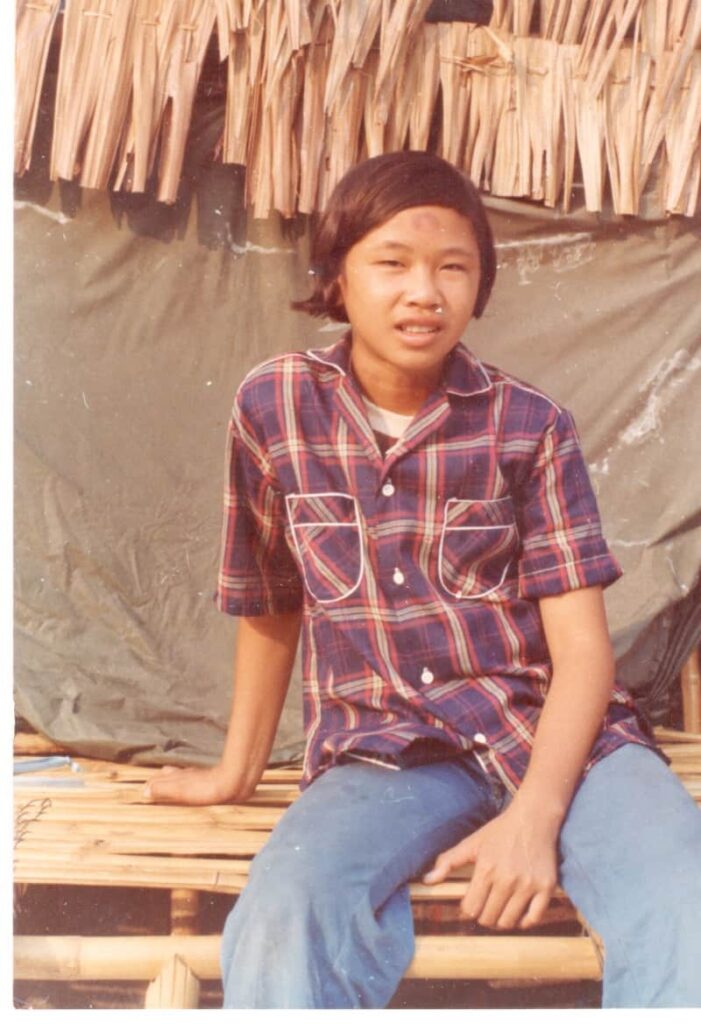
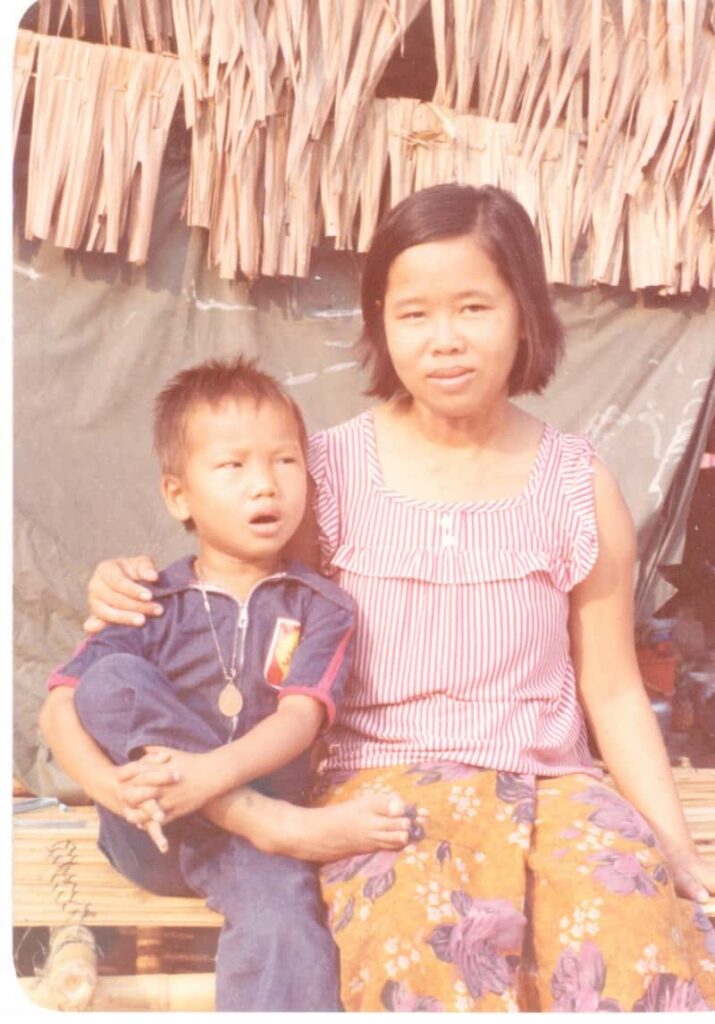
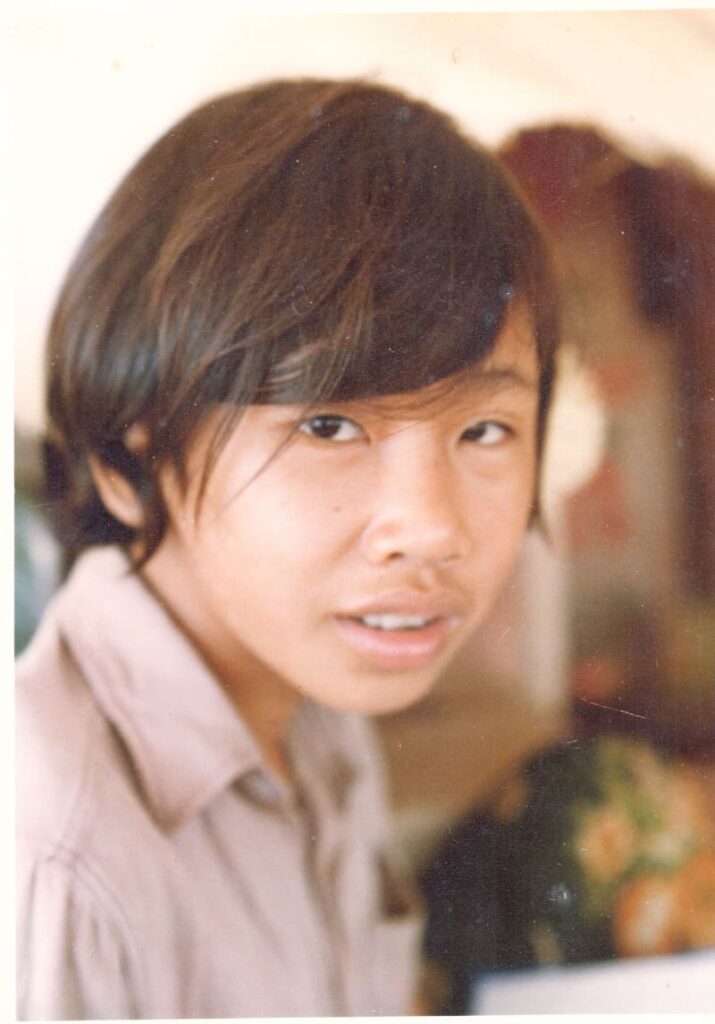
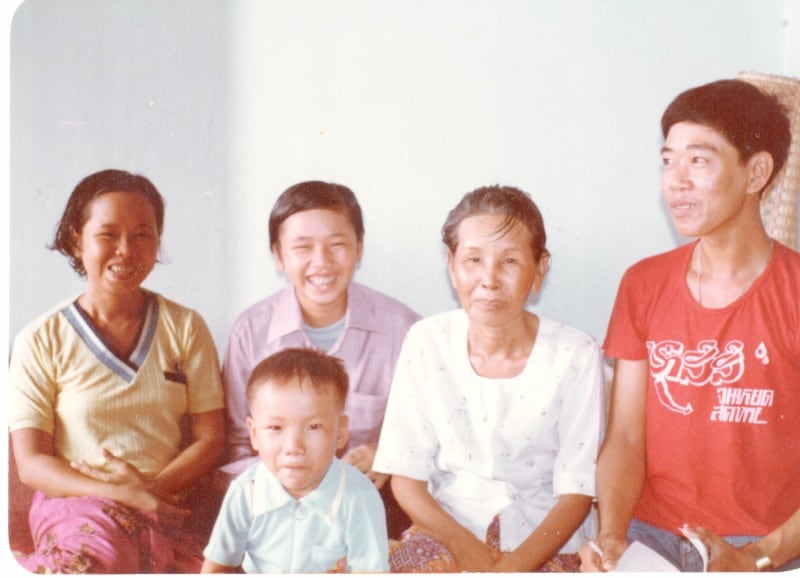
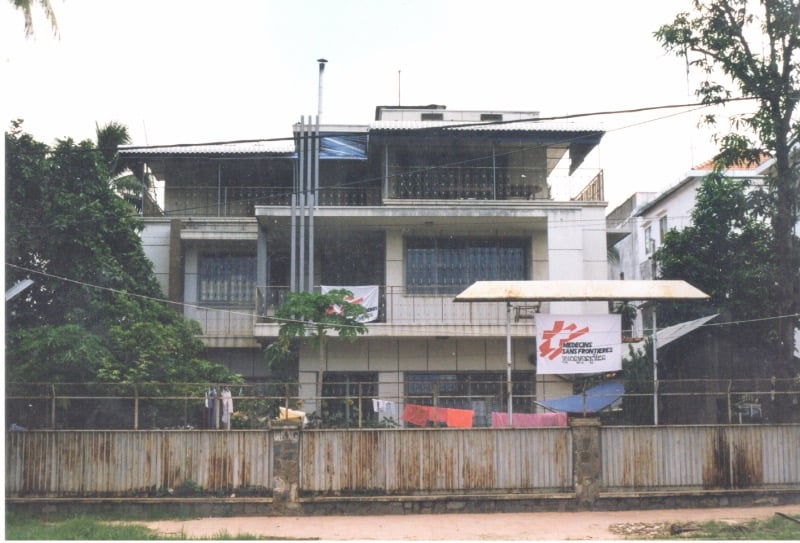
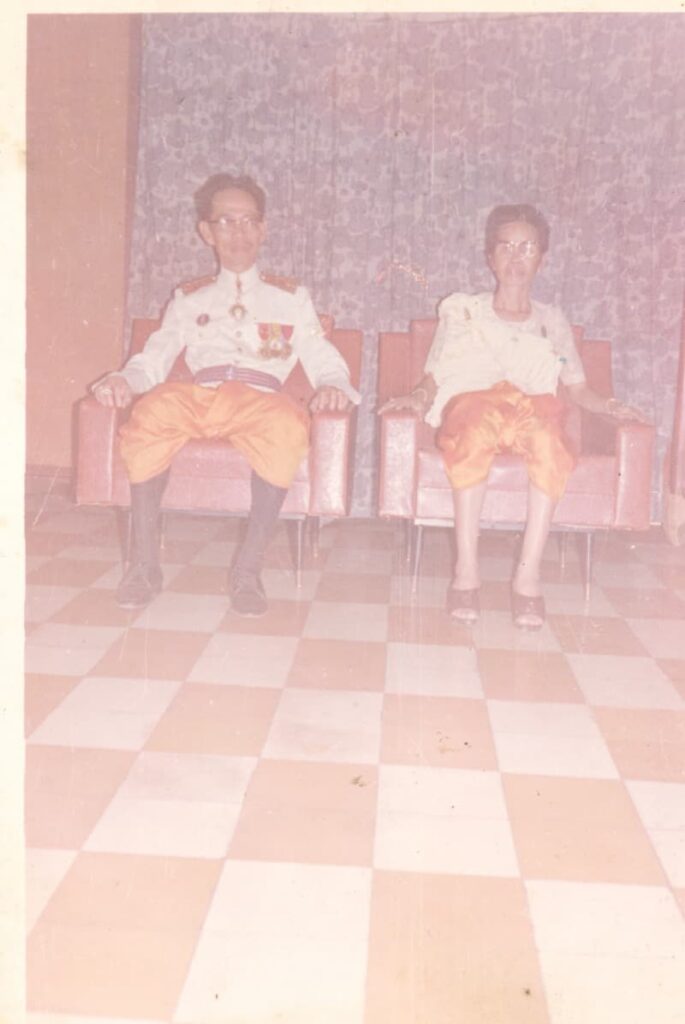
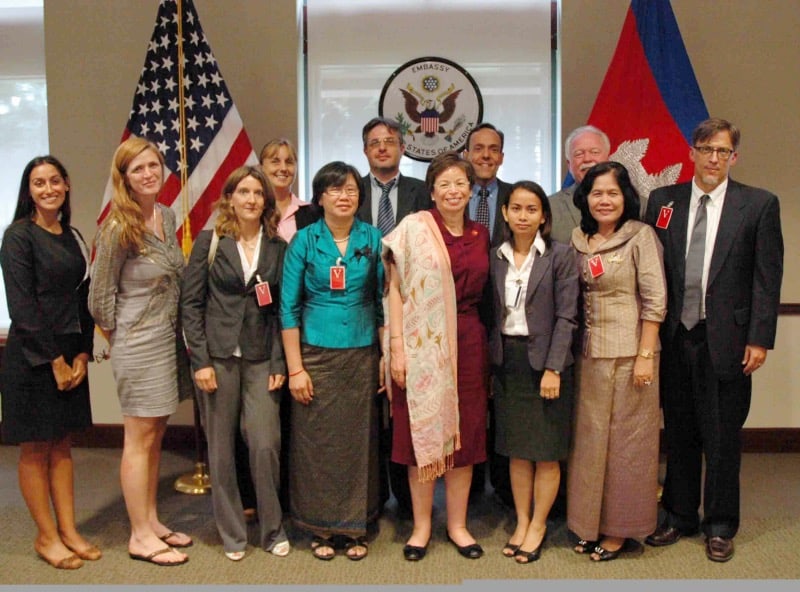

PHNOM PENH, Cambodia (July 13, 2012) Secretary of State Hillary Rodham Clinton, U.S. Ambassador to Cambodia William Todd and Assistant Secretary for Democracy, Human Rights and Labor Michael Poster pose for a photo with participants of the Human Rights Roundtable [State Department photo by William Ng] 